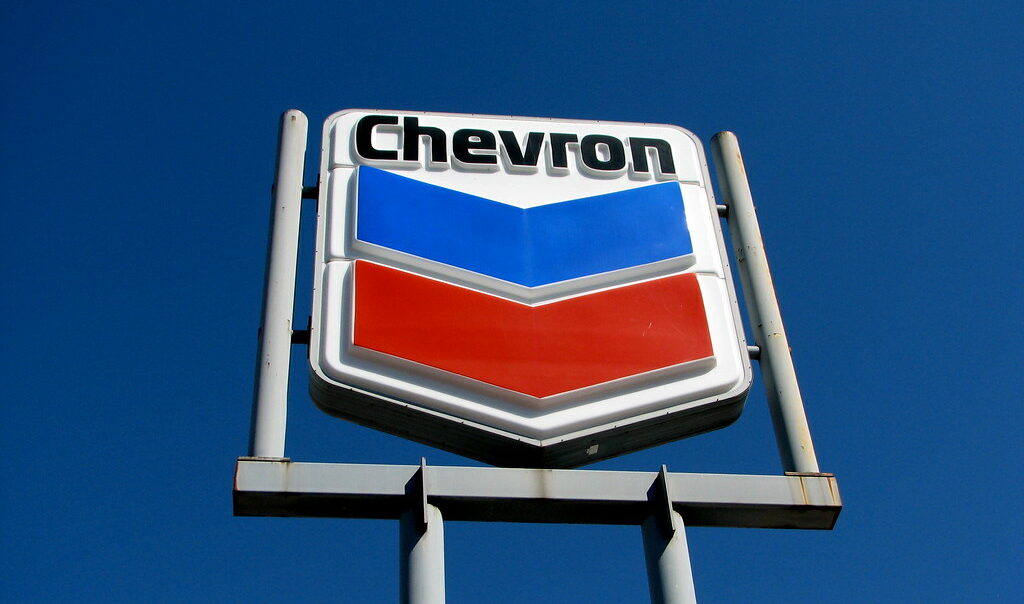Oil, because the Chevron-Hess deal leaves Europe behind

Chevron's acquisition of Hess is evidence of the distance between the US and European oil industries. Sergio Giraldo's in-depth analysis
After the acquisition of Pioneer by Exxon for the sum of 60 billion dollars, another gigantic merger affects the American oil sector. At the end of a secret negotiation that lasted almost two years, with a share exchange operation, at the end of October Chevron announced that it had acquired all the shares of Hess Corporation , for a value of 53 billion dollars, with a total cost of 60 billions of dollars if you consider the debt.
CHEVRON IS BETTING ON GUYANA OIL
With the incorporations of two other big American companies in the sector, PDC Energy and Noble Energy, which have already taken place, Chevron adds to its portfolio another American company active in shale oil (shale oil, i.e. obtained from fragments of bituminous shale rocks). The three companies together bring Chevron's total production to 3.7 million barrels per day, equivalent to about 4% of global demand. Of this, 1.3 million barrels per day are shale production, or about 40% of the total. By buying Hess, Chevron accesses a 30% stake in the Stabroek block in Guyana, a recent discovery by Exxon which is expected to produce 1.2 million barrels per day by 2027. It can be said that Hess Corporation's participation in the discovery in Guyana is perhaps the main reason for the acquisition of Chevron. The proven reserves of the South American country in fact amount to over 11 billion barrels, an immense reservoir that promises abundant volumes and abundant profits.
The operation, subject to scrutiny by the American antitrust to avoid market concentrations, will be definitively concluded by June 2024 and will lead Chevron to get rid of various assets worth around 20 billion, which will be used to invest further. Exxon remains the largest American shale producer, in any case. At least for now.
THE OIL INDUSTRY IN THE UNITED STATES AND EUROPE
Mergers underway in the United States signal a trend that leaves European competitors behind. In fact, as can be seen from the relationship between price and operating cash flows, the shares of American companies in the sector are traded at higher values.
While in Europe the focus is on renewable energy, in the USA, despite the Inflation Reduction Act launched last year by American President Joe Biden, oil companies are making profits and carrying out mergers and acquisitions. The monstrous profits made by the big American oil & gas companies in the last two years also allow them to acquire competitors without using cash, but only with the exchange of shares. This leaves the companies free to use liquidity for further investments and also allows the acquired companies to participate in the growth in value of the acquiring company. Furthermore, acquiring companies that already have significant discoveries of new deposits in their portfolio is less risky than investing to explore and search for uncertain reserves. Exxon currently has $29.5 billion in cash on hand, while Chevron has $9.3 billion.
There is no match for European companies, dealing with increasingly stringent regulations and much smaller than their American competitors. Above all, it seems clear that there are different visions of the future. There are those in Europe who believe that the 2015 Paris agreements on the exit from hydrocarbons are practicable and the related objectives achievable. And those who, pragmatically, are definitely betting against decarbonisation, to the tune of billions.
This is a machine translation from Italian language of a post published on Start Magazine at the URL https://www.startmag.it/energia/chevron-hess/ on Sun, 19 Nov 2023 06:05:28 +0000.
